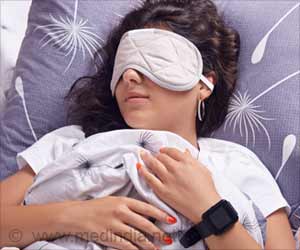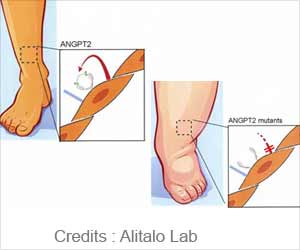In the study, researchers collected data on 89,205 individuals participating in the UK Biobank study who wore accelerometers on their wrist for 7 days between 2013 and 2015. The accelerometers were used to generate objective data on sleep timing, duration, efficiency, and variability.
Data on mental illness diagnoses – including schizophrenia spectrum disorders, bipolar disorder, major depressive disorder, and anxiety disorders – as well as other health and sociodemographic information was available for all participants, who ranged in age from 43 to 79 and were 56% female
The researchers found that each diagnosis was associated with a mean of 8.5 of the 10 accelerometer-derived sleep measures.
Measures of sleep quality, such as sleep efficiency, were generally more affected by psychiatric diagnosis than measures of sleep duration.
Effect sizes were small; the largest magnitude effect was observed for the association between sleep efficiency and major depressive disorder. Associations were replicated across ancestries and sexes.
These findings provide a rich clinical portrait of how sleep can be disrupted across individuals with lifetime mental illness.
They also showcase the capacity of the accelerometer to provide detailed, objective sleep measurements at scale, even across cohorts of tens of thousands of individuals for mental illness diagnosis.
Source: Medindia



